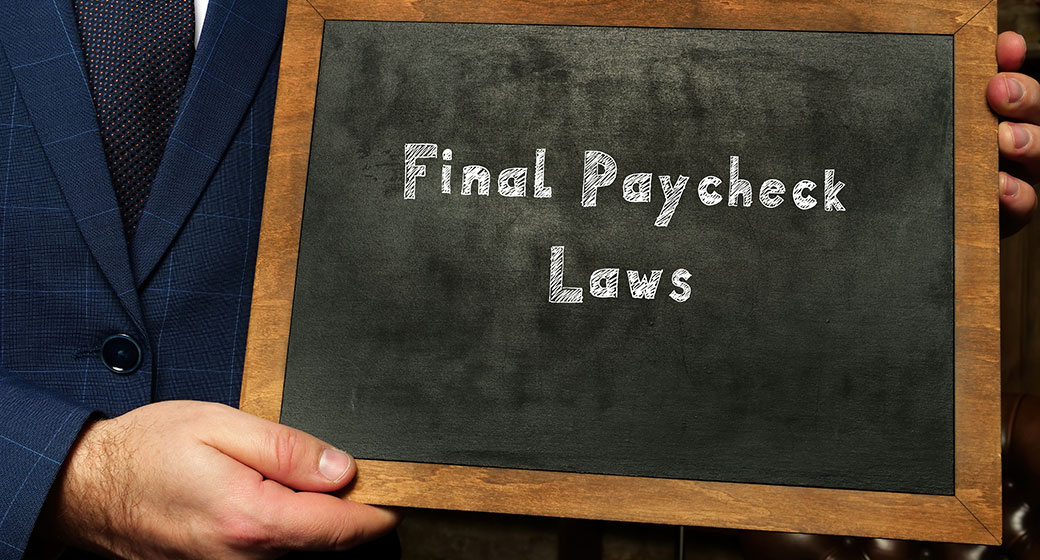
-
Posted By Sirmabekian
-
2022
-
0 Comments
When an employee in California leaves a job, they are typically owed a final paycheck. This article will provide an overview of the final paycheck law in California and answer some of your most common questions related to it.
If you are an employer in California, it is important to understand your obligations when it comes to issuing a final paycheck. On the other hand, if you are an employee who is owed a final paycheck, read on to have a guide to California’s final paycheck law.
What is the California Final Paycheck Law?
Under California law, employers are required to pay all wages due immediately upon termination of employment. California Labor Code Section 202 sets forth the requirements for when an employee’s final paycheck must be provided.
Generally, if an employee is fired or laid off, their final paycheck must be paid on the same day that their employment ends. If they quit without giving at least 72 hours’ notice, the employer has 72 hours to issue a payment.
Furthermore, employees who are fired and do not receive their final paycheck on their last day are entitled to compensation from their employer for each additional day that they were required to wait.
The same fines apply to employees who resign but do not get their final paycheck within three days. For every day the employee must wait, which can be up to a maximum of 30 days, they will be penalized with one full day’s pay. Employers who break the last paycheck law in California risk paying more in waiting-time fines than they did for the final payout.
Additionally, California requires employers to provide employees with certain written notices regarding their right to receive unpaid wages or commissions upon the termination of employment. The form and details of this notice depend on whether the employee is non-exempt or exempt from California overtime laws. In California, it is also illegal for employers to withhold an employee’s final paycheck until the employee returns to company property, so employers must be sure to issue all due wages before any other considerations are taken into account.
With that being said, let us address some common questions that you may have in mind.
What Consequences Apply in California when an Employer Fails to Provide the Last Paycheck on Schedule?
If an employer fails to provide a final paycheck on time, California law requires the employer to pay their employee one full day’s wages for each day that the paycheck was late, up to a maximum of 30 days as stated earlier.
Employers in California are penalized for making employees wait for their final check; these fines are known as “waiting time penalties.” Employees who are now unemployed must deal with a variety of expenses, including rent, energy, and food prices. To survive, they must have their last paycheck.
What Other Entitlements does a California Employee Have?
A California employee who never receives a final check is entitled to collect the full amount that should have been on the check in addition to “waiting time” penalties. California law also provides that the employee may be entitled to other damages, such as interest on the unpaid pay, costs of suit, and reasonable attorney’s fees.
Conclusion
California Final Paycheck Law requires employers to provide payment of wages due at termination and imposes penalties for failing to do so. California employees have the right to be paid all wages earned upon separation from employment and can seek a lawyer to help them with the process of unpaid wage claims. Employers must understand their obligations under California law to properly protect themselves from liability.
 English
English Spanish
Spanish